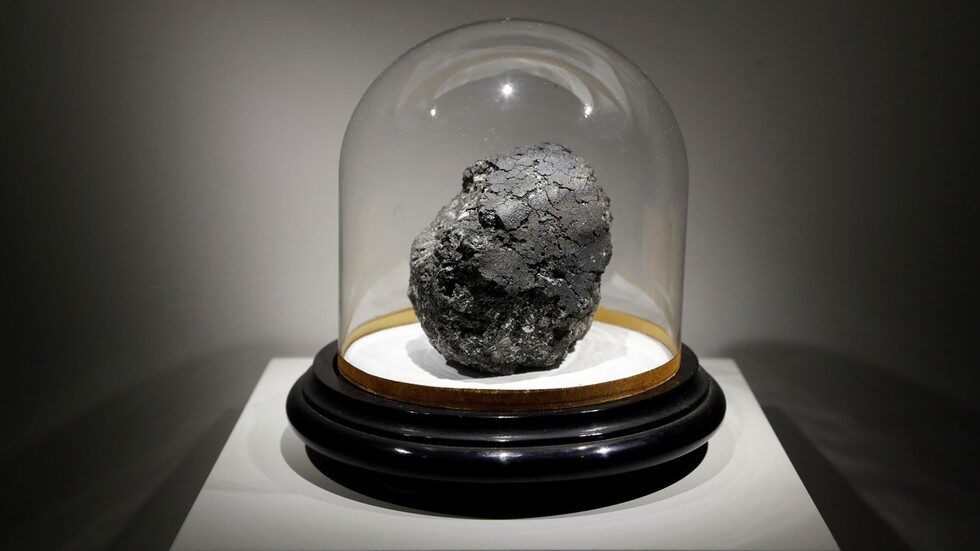
The researchers created high-resolution photos of the fossilized bacteria preserved inside the Orgueil meteorite, found in France in 1864. The largest of the rare CI chondrite group, the celestial body has long captivated the interest of scientists due to high concentrations of mercury and isotopically anomalous xenon that are not typical for meteorites of this type.
Yet, now, the scientists from the Paleontology Institute of the Russian Academy of Sciences and the Joint Institute for Nuclear Research (JINR) - one of the world's leading research centers in the field of nuclear physics - say they have obtained "indisputable" evidence of life existing on another planet, one that could be older than Earth.
"The images we've made are clearly interpreted. One cannot argue with them now," Aleksey Rozanov, the chief research officer at the JINR Astrobiology Center, told news agency RIA Novosti. The scientists plan to release an album containing all the photos in November. However, they've already shared some images with RIA.
Rozanov admitted that his group was not the first to find traces of life in the Orgueil meteorite. All the previously discovered evidence, though, had been "misinterpreted" as scientists simply refused to believe it was true.
The Orgueil meteorite repeatedly found itself at the center of speculation about traces of extraterrestrial life being reportedly found in it. At some point in 1965, a seed capsule was found in one of its fragments. However, the entire matter was quickly revealed to be a hoax.
Later, a renowned NASA astrobiologist, Richard Hoover, claimed that he found fossils in the meteorite but NASA distanced itself from his claims at that time, citing a lack of peer reviews. Now, according to RIA, Hoover has joined the Russian team to prove that the celestial object does, in fact, contain fossilized bacteria remains.

Some of the most striking discoveries include fossils of so-called magnetic bacteria. They rely on a planetary magnetic field to orient themselves in the environment and are usually found in aquatic environments such as marshes, seas or lakes. Most recently, the group also found traces of a one-celled seaweed in the Orgueil meteorite as well, together with microorganisms resembling some species of amoeba.
These discoveries show that such microorganisms could only only originated on another planet that has a magnetic field and is at least partly covered with liquid water, a junior fellow at the JINR radiobiology laboratory, Mikhail Kapralov, explained.
It is not known exactly how old the Orgueil meteorite is but the scientists believe that it might very well be older than Earth or probably even older than the Solar system itself.
"We show... that there is life in space. Or, at least, it was [there]," the scientist said.
The news comes just a day after an international team of researchers announced the discovery of phosphine gas in the clouds above Venus. Phosphine is considered a key biosignature since it is known to be produced only by certain bacteria and could not be a result of some chemical or physical processes that do not involve life forms. The scientists concluded that there is a "possibility" that "there might be something living in the clouds of Venus."



R.C.